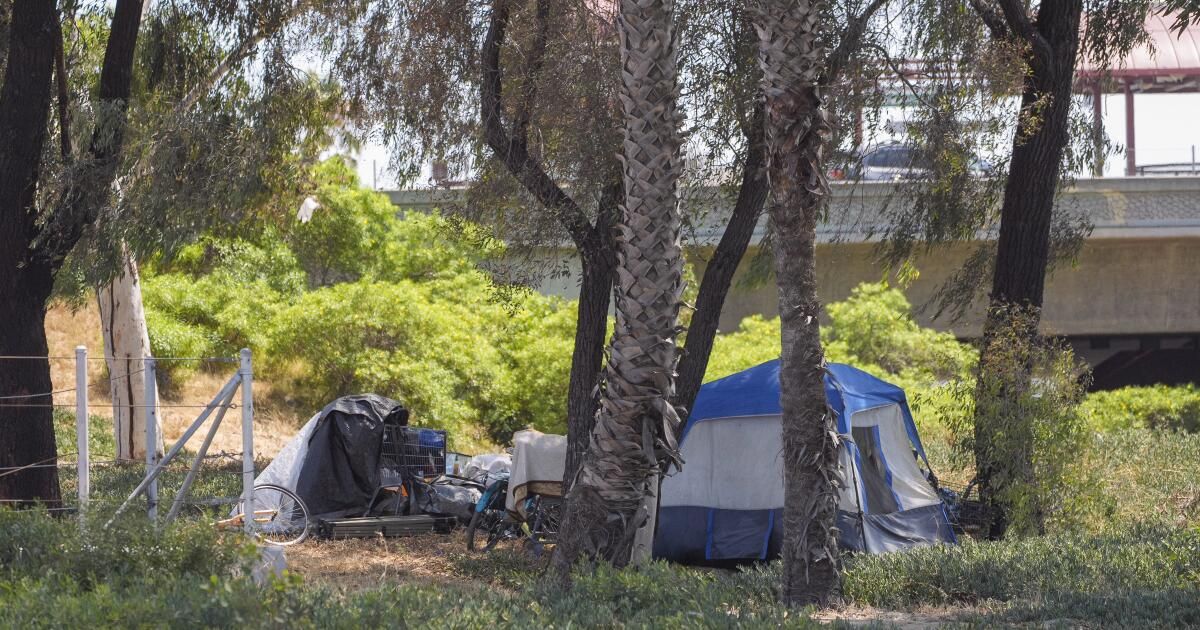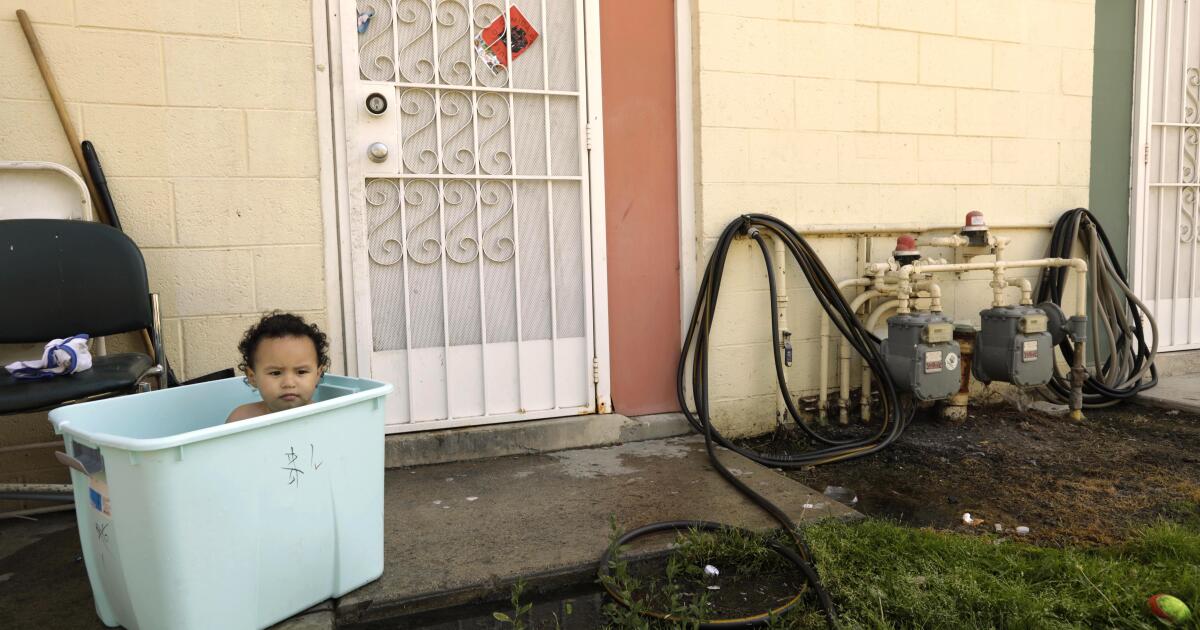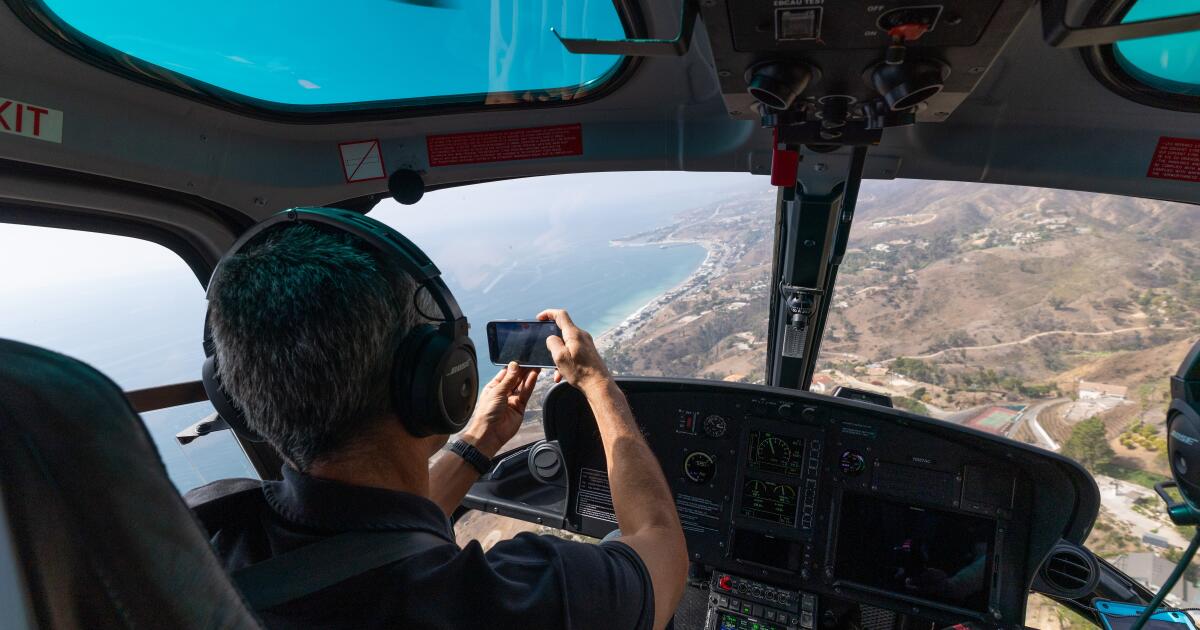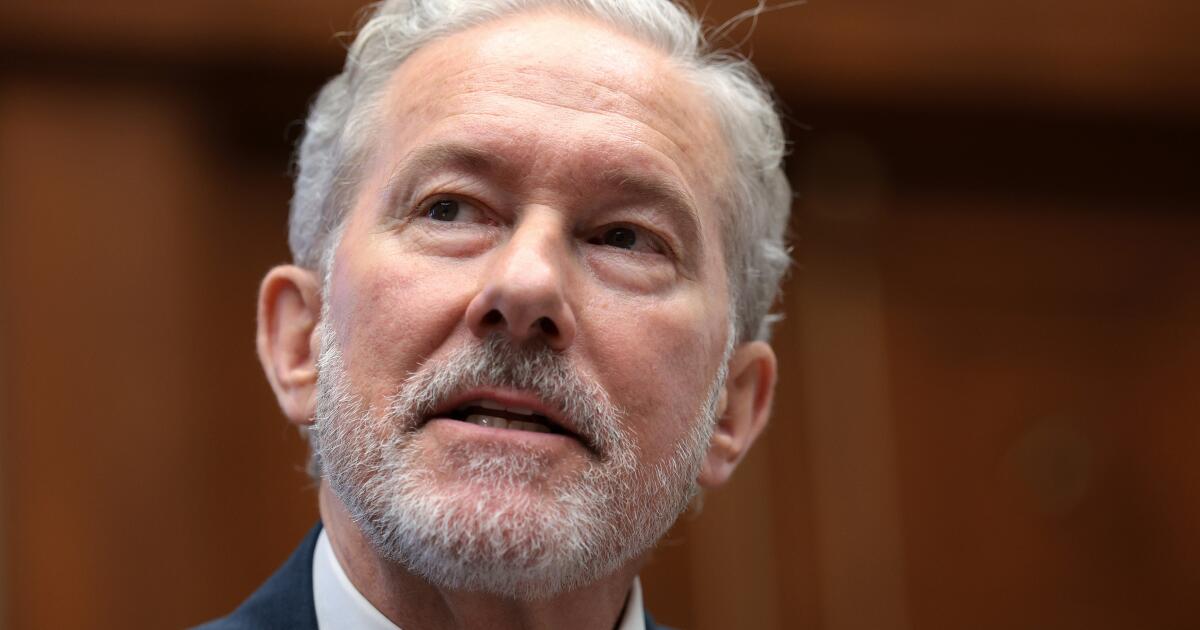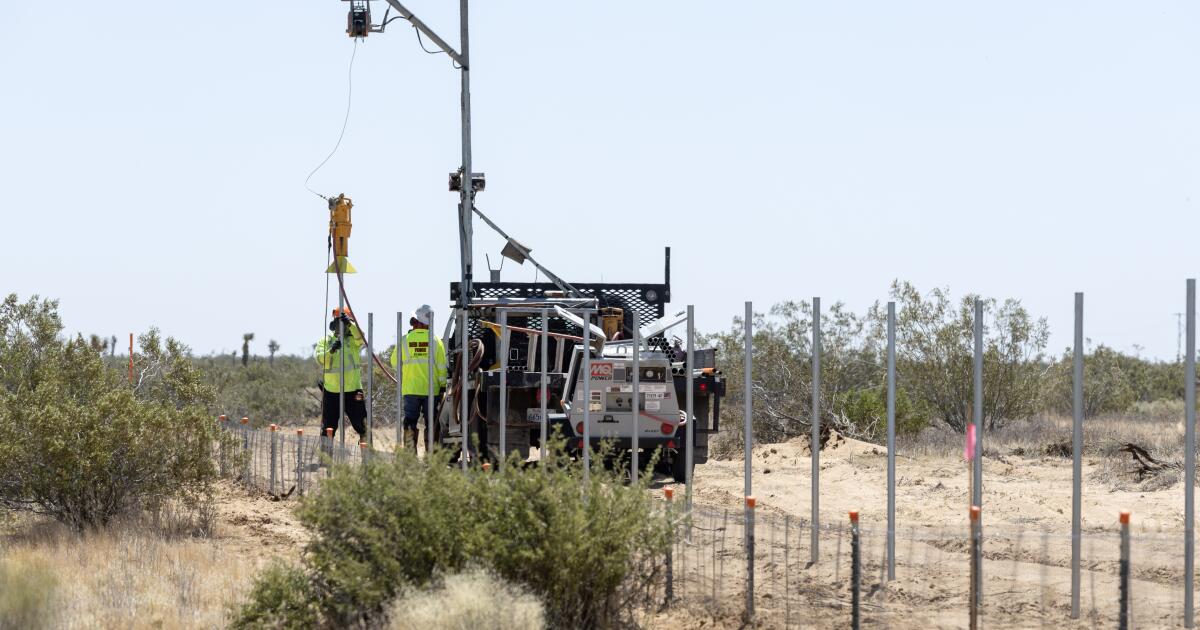It is outrageous that the Supreme Court allows states and cities to criminalize homelessness and that Governor Gavin Newsom orders the dismantling of encampments, especially when there is not enough housing or shelter space for those who need it.
I was homeless for six and a half years, from 2002 to 2008, a story I have told before in these pages. I know what it feels like when no one cares about you or your life situation.
I never pushed a shopping cart, never slept in a city park, on a sidewalk, or in a tent camp, never took drugs, and never panhandled. I paid for all my own food and the nights I spent in my Toyota pickup truck in state, municipal, and federal parks, alongside tourists and recreational campers.
I worked the whole time I was homeless, mostly working computers in libraries, running a freelance writing business, and doing public relations consulting. I had occasional cell phone service and an email address, so most of my clients had no idea of my situation. But during an economic downturn, I couldn't make enough money to rent a room or an apartment.
Campgrounds have limits on how long you can stay, so I moved a lot, mostly in Southern California, along the ocean and in the desert, sometimes in Montana, where I once lived.
I met many people who were on the move and had no luck. At the entrance to a campsite, a school bus picked up the son of a homeless family every morning. One boy I knew collected cans on his bike and could pay for food; he never begged. He once hid his cans in a church car park; the staff threw them away and told him never to come back. A drug addict I knew froze to death, huddled in the entrance to a shop. A man I met on the camping circuit managed fine for a while. Then I saw him begging. He had had to sell his sleeping bag to get food.
Over time, I started receiving Social Security and qualifying for Medicare, and my situation improved. I occasionally stayed in a cheap motel. I had cataract surgery and knee surgery, and I recovered in my truck or a motel room.
When I had enough income to rent an apartment but no money to pay the rent and deposit, a religious organization helped me. I had been on waiting lists for housing assistance for years, hoping for a subsidized apartment for low-income people. Finally, I had a shower, a washing machine, and a kitchen. I pulled my stuff out of storage. Finding my outdated computer, my TV, my family photos, and other mementos was like doing an archaeological dig in my former life.
I am now 80 years old and I am fortunate to have Social Security. and I am on Veterans Administration income and have not had to receive housing assistance for years. It seems like a long time ago that I became homeless, but I never forget it.
When I see people begging, I don't give them a handout, not even a dollar; I give them a five, a ten, or a twenty, and a kind word. At Christmas, I keep ten-dollar bills handy. I don't care if someone is drunk or high. I don't judge. I help them, and it makes me feel good.
I don't like seeing tent encampments on sidewalks, or along highways, or in parks. But criminalizing homeless people or evicting tents is not a solution when there's nowhere to go. We need more housing, more programs for mental illness and drug addiction, universal health care, maybe even a minimum basic income. And this: more facilities for homeless people to shower and use the bathroom.
I know California has spent billions; it will cost more.
A wealthy nation like the United States should be capable of compassion. Feeding the hungry, helping the poor, healing the sick, sheltering the homeless, clothing the naked, welcoming the stranger. Until the Supreme Court and Newsom find a better solution, they should start there.
Les Gapay, a former newspaper reporter, is retired and lives in the Coachella Valley.

